15 Best Frankenstein Films Ever Made, Ranked
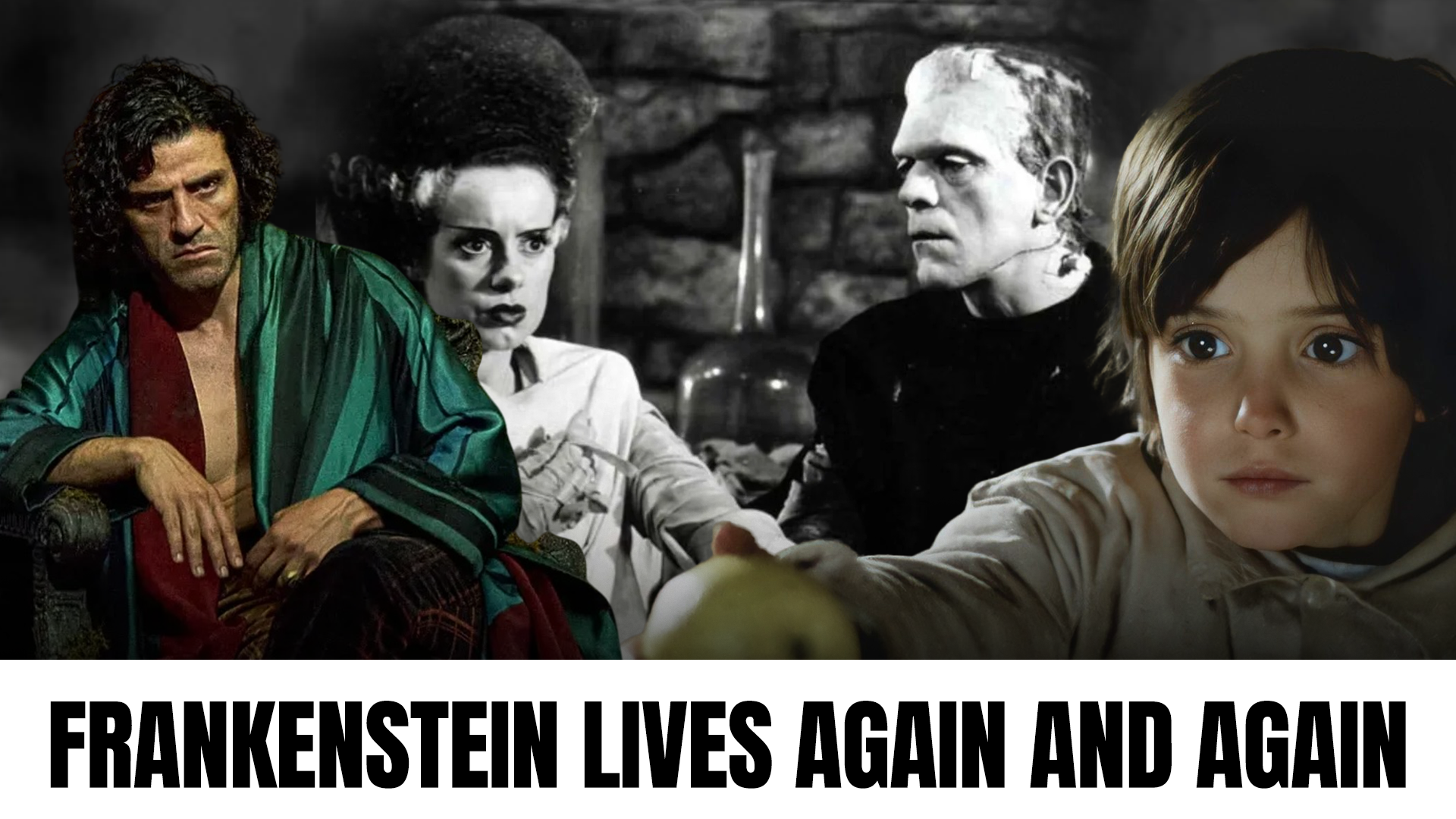
Frankenstien: Cinema’s Immortal Monster
From the crackle of lightning above a lonely castle to the trembling hand of a creator daring to play God, Mary Shelley’s Frankenstein has haunted cinema for nearly a century. Each retelling reshapes the monster’s face but keeps his soul intact: yearning, furious, human. These films capture the evolution of that myth.
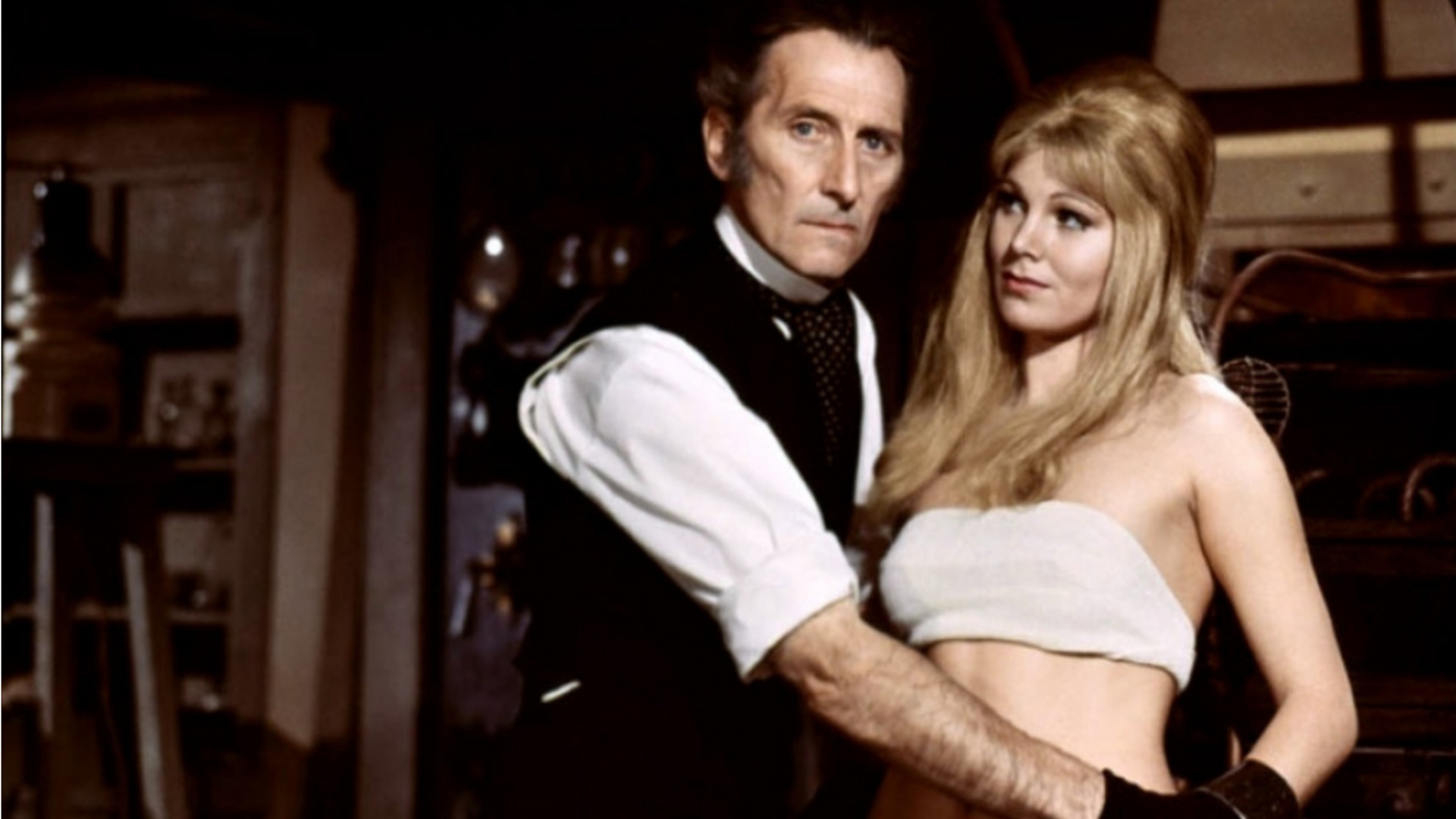
15. Frankenstein Created Woman (1967)
Peter Cushing’s Baron Frankenstein has grown weary of mere reanimation. Now, he dares to meddle with souls. In this film, when a wrongly executed young man dies, the Baron transfers his spirit into the body of his disfigured lover. We see a haunting tale drenched in gothic allure and revenge. As the resurrected woman seduces and slaughters her oppressors, the film dances wickedly between tragedy and triumph.
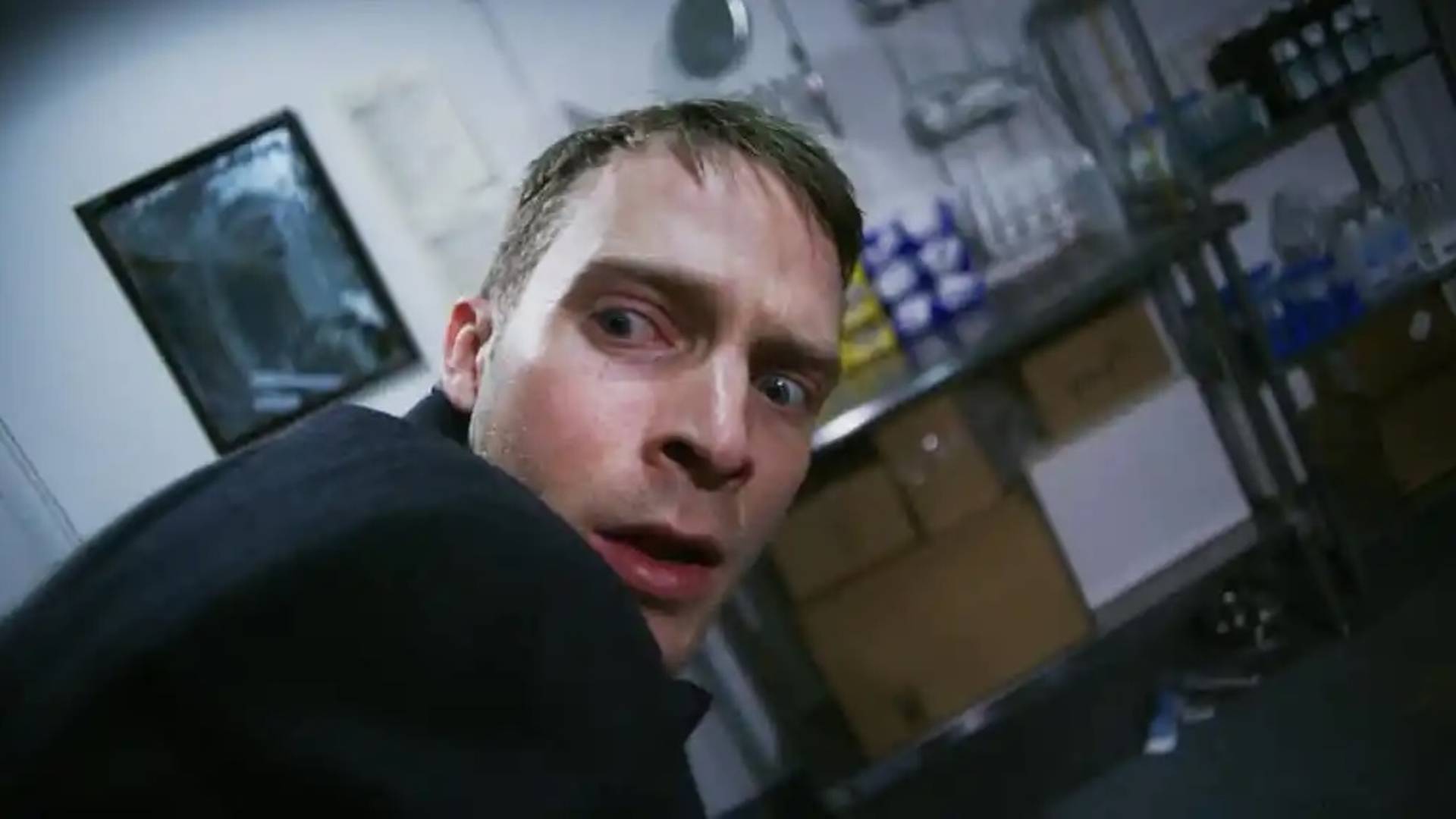
14. Depraved (2019)
Larry Fessenden’s indie masterpiece opens in a Brooklyn lab where a man awakens, stitched together and terrified. His creator is a PTSD-ridden ex-soldier seeking redemption through science, but lo and behind, he finds only doom. The creature’s rebirth unfolds in psychedelic flashes and aching humanity. Depraved blends gothic tragedy with gritty realism, proving that Frankenstein’s curse is eternal: creation without compassion always breeds destruction.
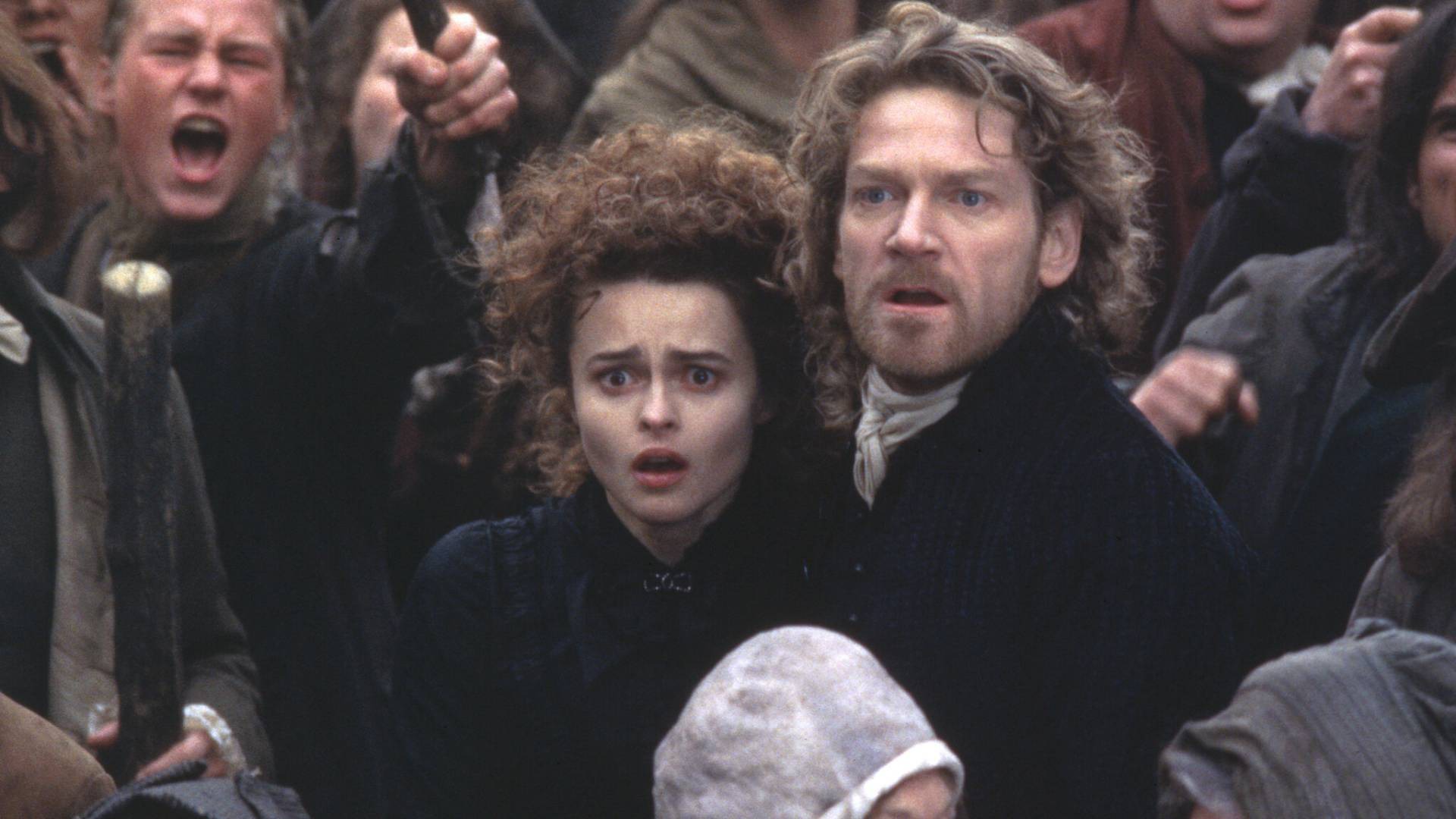
13. Mary Shelley’s Frankenstein (1994)
Kenneth Branagh’s lavish adaptation is a tempest of lightning, abs, and melodrama. As the passionate young doctor, the actor charges through his character’s laboratory like a man possessed, while Robert De Niro’s scarred monster embodies pain more than terror. The film’s grandeur teeters on madness. Yes, it’s beautiful, excessive, and feverishly sincere. In essence, Mary Shelley’s Frankenstein is gothic opera at full throttle, a spectacle where ambition and hubris burn brighter than the lightning itself.
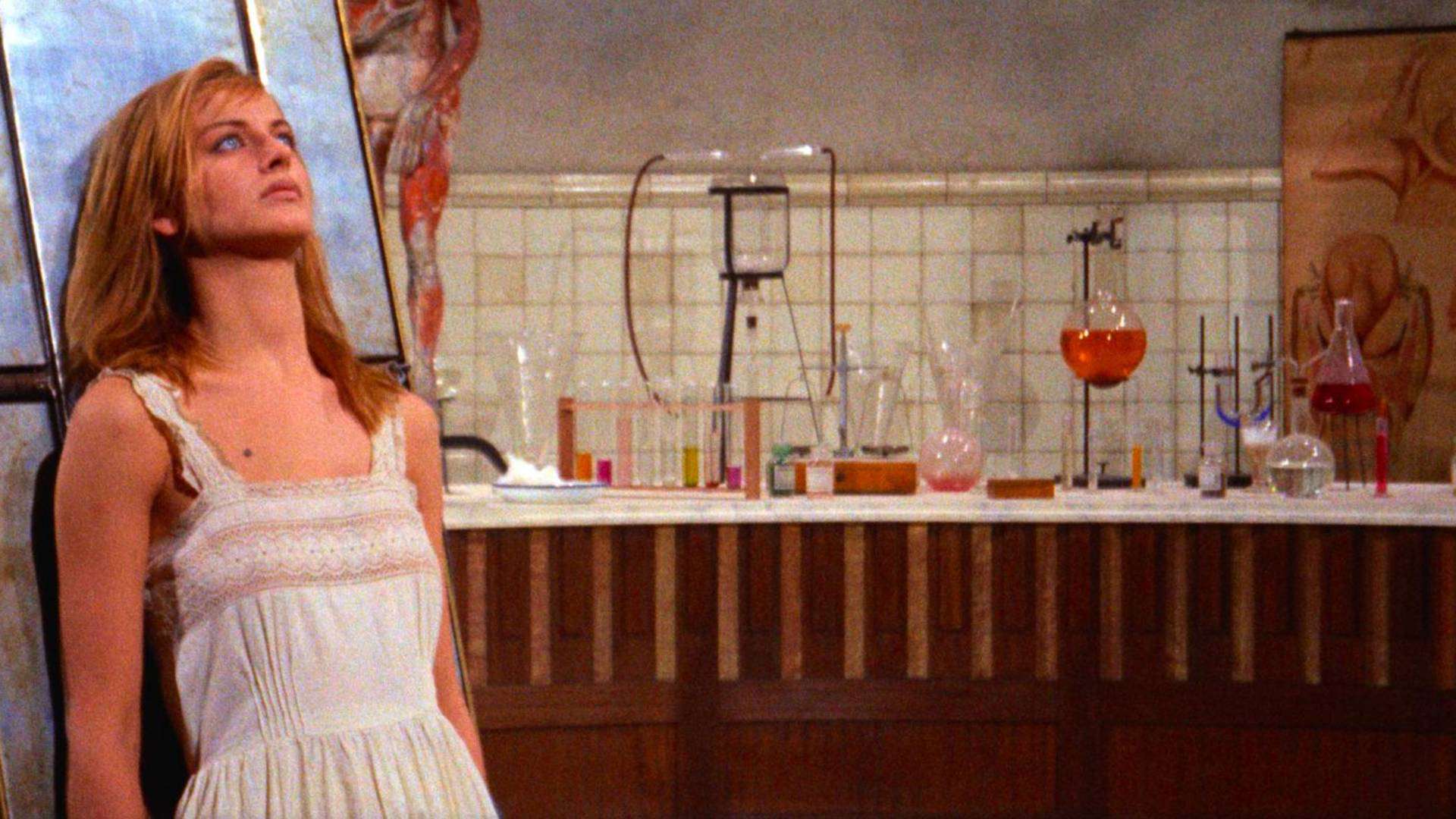
12. Flesh for Frankenstein (1973)
Paul Morrissey’s delirious descent into depravity is part horror, part erotic farce. Here, Baron Frankenstein is all rolling eyes and absurd accents. He seeks to engineer a perfect Serbian master race, but accidentally gives his creation the wrong head. Gore splatters the screen in glorious 3D, and every line drips with camp excess. “To know death, Otto…” Well, you’ll never hear a more bizarre philosophy of science.
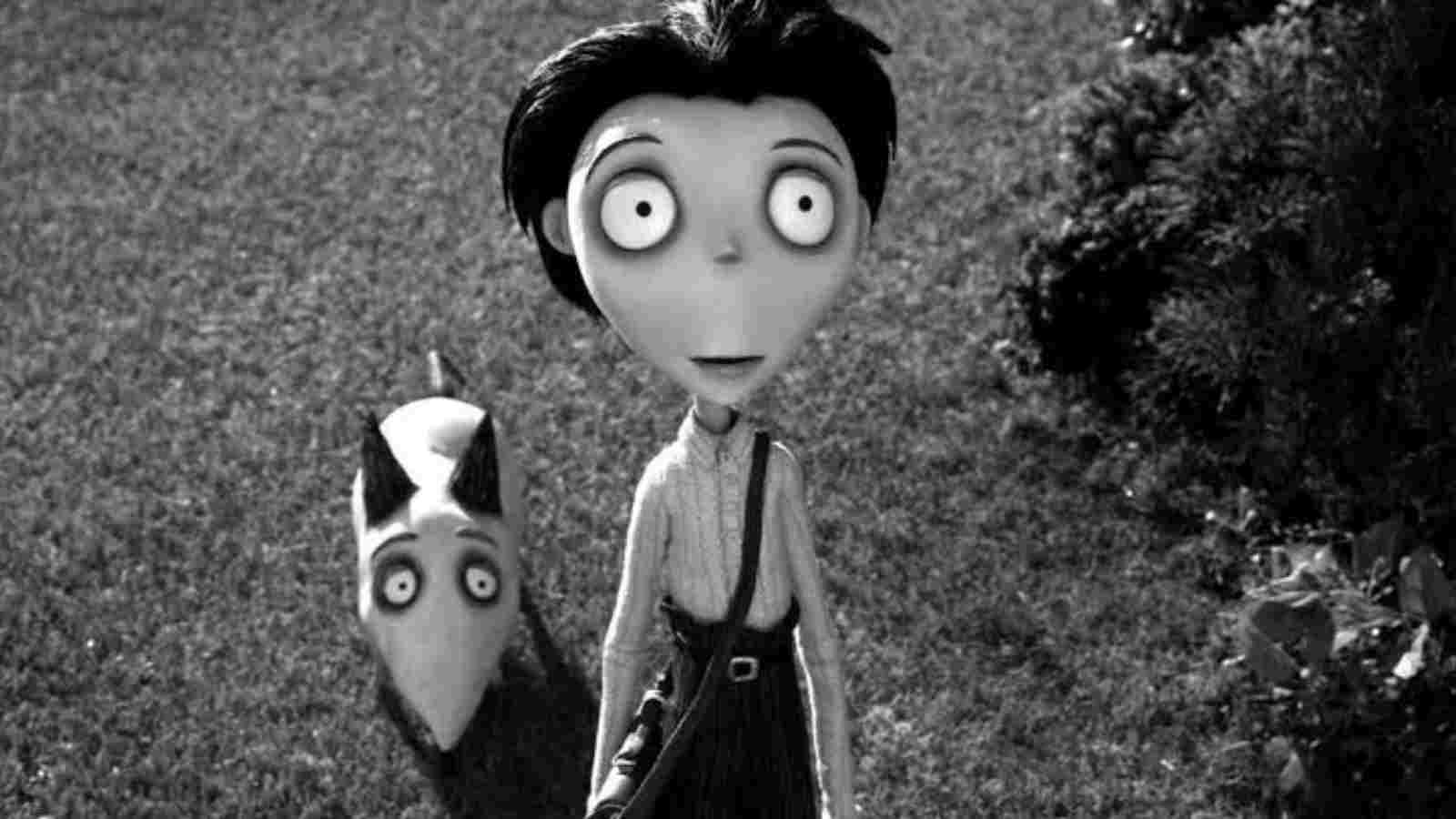
11. Frankenweenie (2012)
Tim Burton resurrects his own 1984 short in this black-and-white stop-motion elegy for childhood and loss. When young Victor brings his beloved dog Sparky back from the grave, grief turns to wonder, and then chaos. Soon, the whole town faces a menagerie of monstrous pets. Beneath the macabre whimsy lies a tender heart, mourning innocence lost. If only Burton hadn’t aimed his bolts at cats.
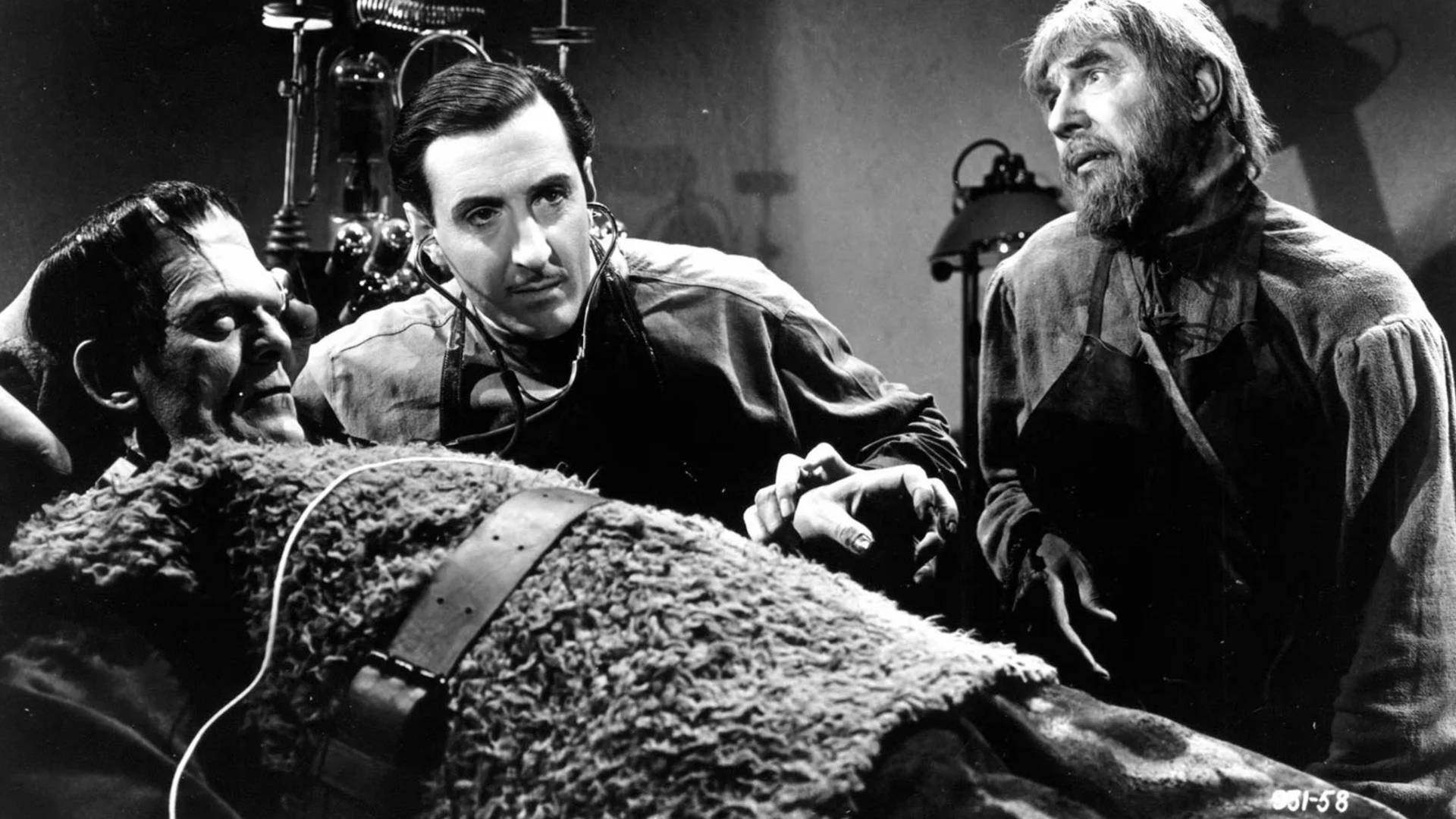
10. Son of Frankenstein (1939)
Wolf Frankenstein returns to his late father’s castle, only to uncover his monstrous legacy still alive. With Boris Karloff once again beneath the makeup, Bela Lugosi scheming as Ygor, and Basil Rathbone unraveling as Wolf, the film brims with gothic tension. This underrated gem from Universal’s golden era captures the sins of inheritance and the tragedy of obsession—a chilling continuation of horror royalty.
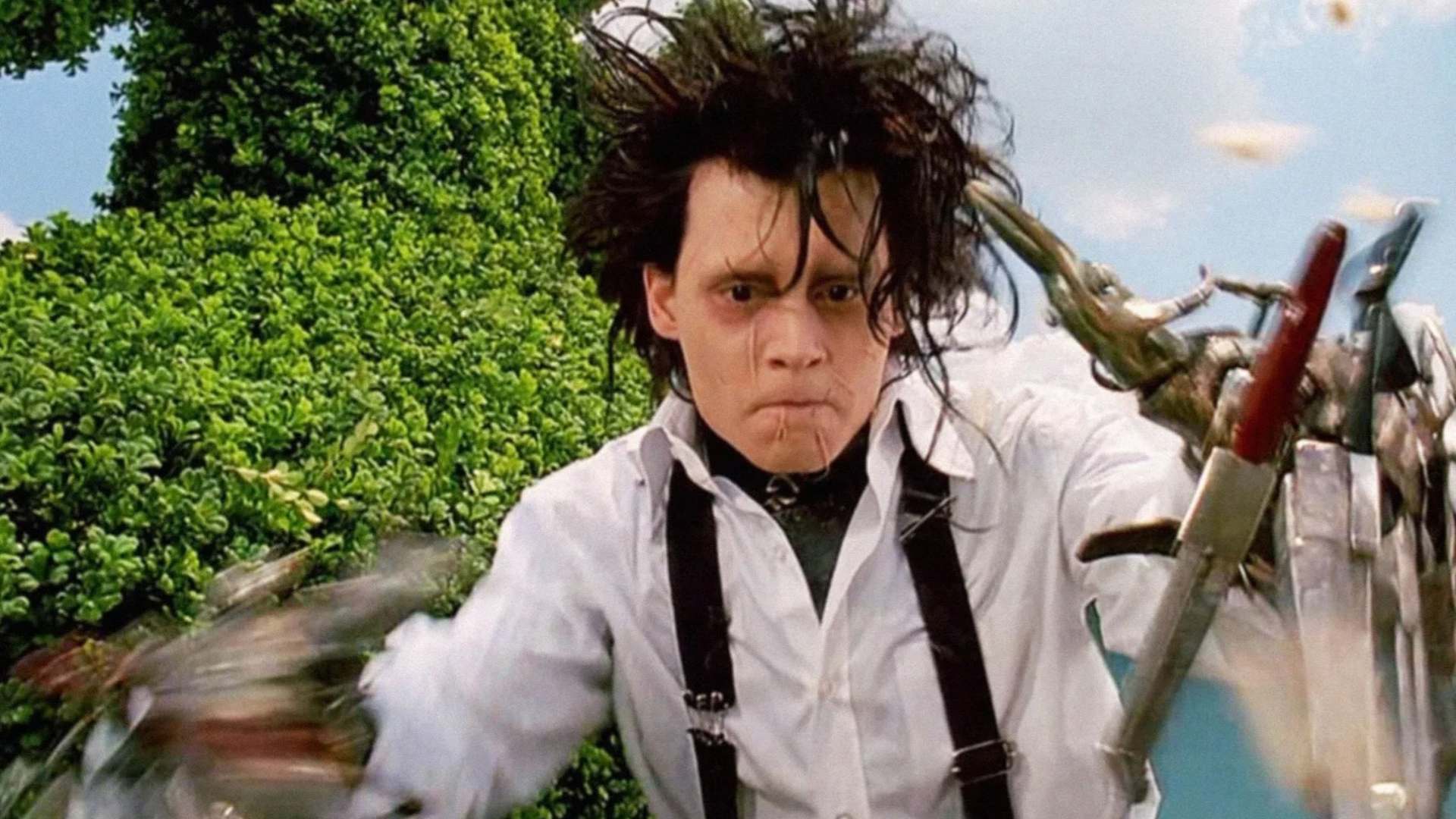
9. Edward Scissorhands (1990)
Tim Burton transforms Frankenstein’s myth into a bittersweet suburban fable in this beloved film. Johnny Depp’s gentle Edward, incomplete and scarred, carves art out of isolation. Created by a kindly inventor (Vincent Price, in his swan song), Edward enchants a pastel town that soon turns on him. The haunting score swells as love and fear collide. This is a tragic romance, wrapped in blades and beauty, that cuts straight to the heart.
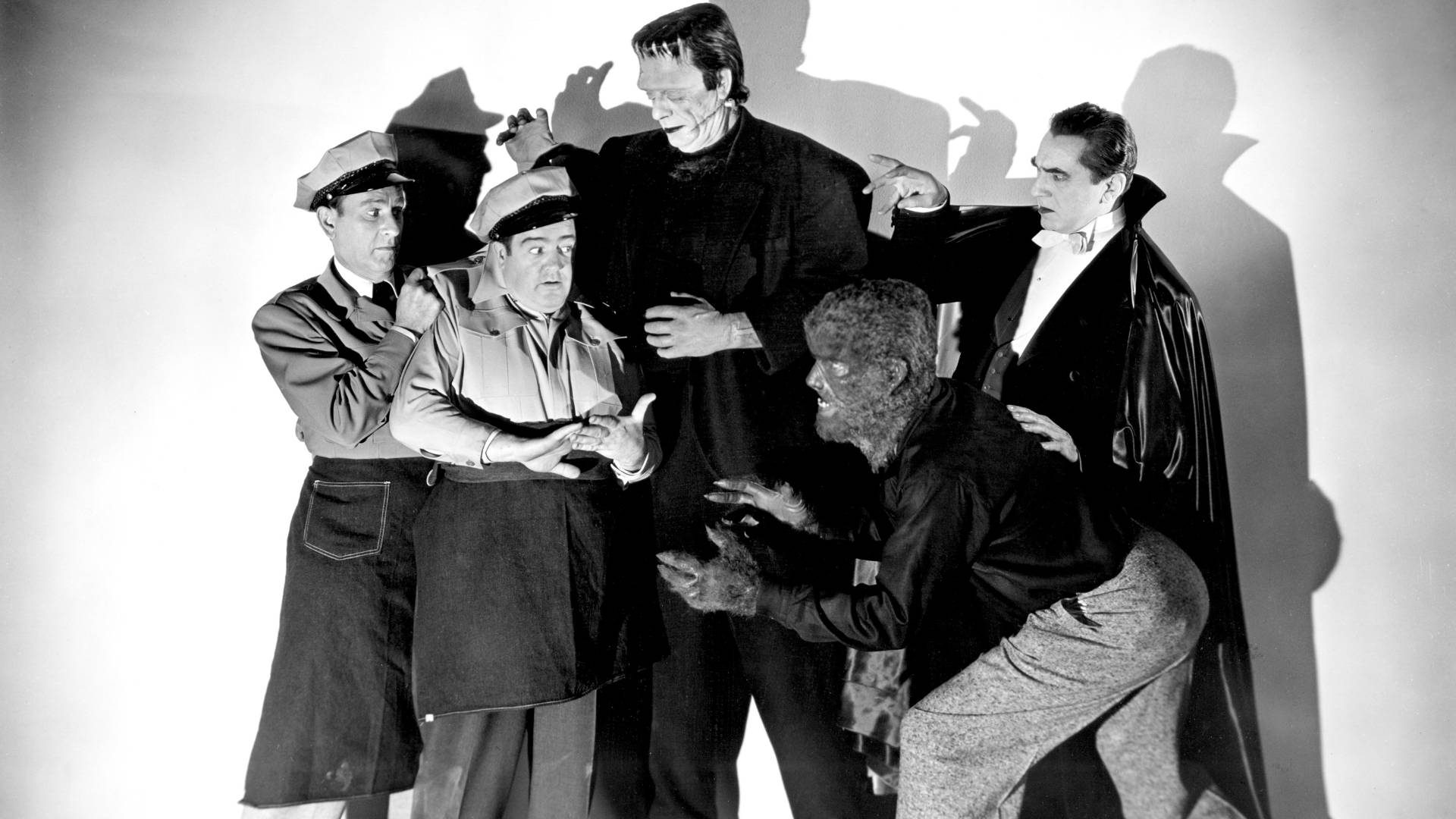
8. Abbott and Costello Meet Frankenstein (1948)
The horror icons meet comedy legends in a crossover that shouldn’t work, but oh it so does. Universal’s monsters—Dracula, the Wolfman, and Frankenstein’s creature—are treated with eerie respect, even as mayhem erupts around them. Bud and Lou’s antics make terror absurd, yet the film becomes a strange requiem for classic horror itself. A farewell and a wink from the golden age of monsters, indeed.
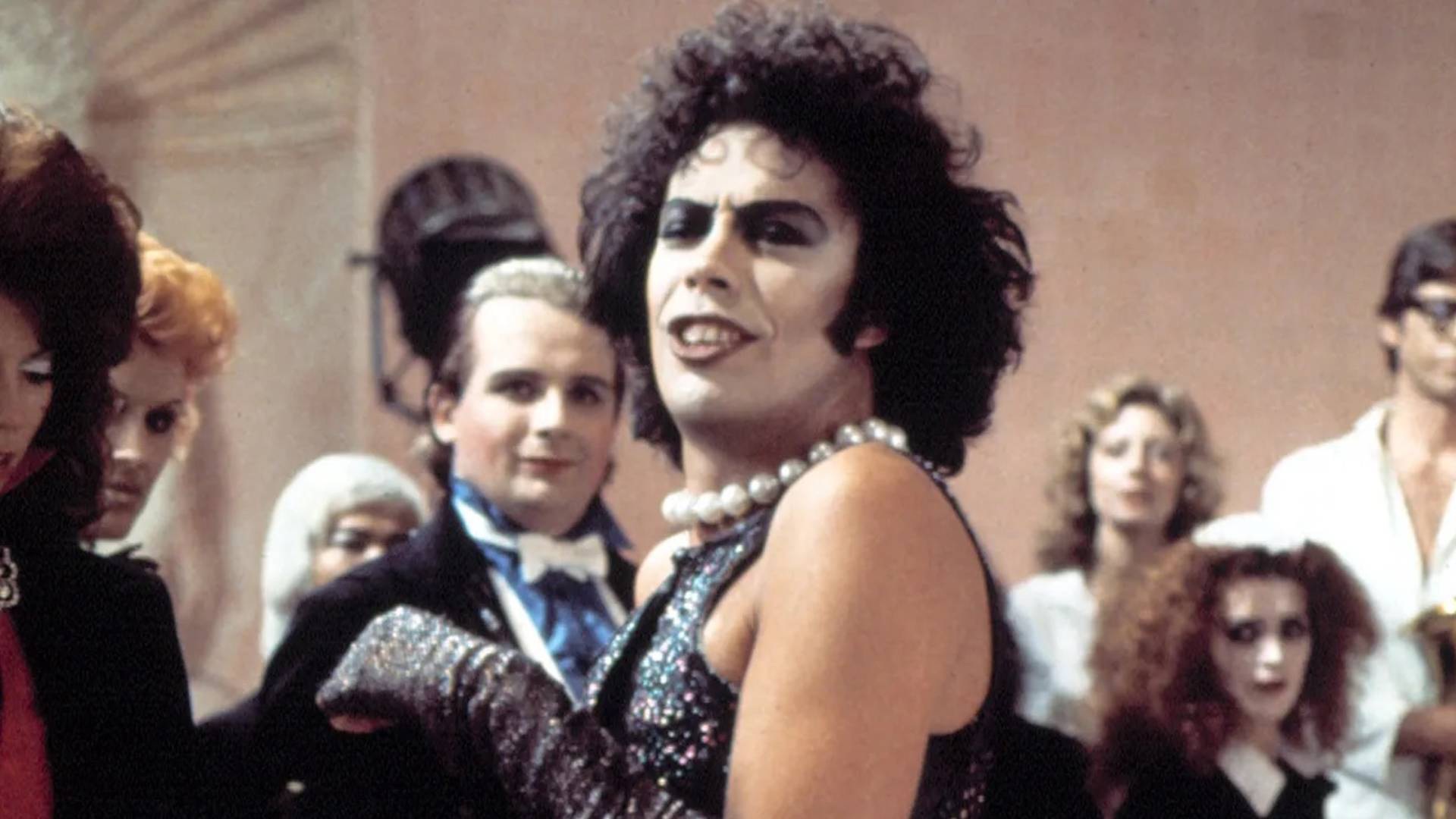
7. The Rocky Horror Picture Show (1975)
In fishnets and glitter, Dr. Frank-N-Furter builds his “perfect man” to the beat of rock ’n’ roll. Tim Curry’s magnetic madness dominates this neon fever dream of lust and liberation. No one can refute that every song, every wink, drips with transgressive joy. It’s Frankenstein rewritten as glam opera. Certainty, it’s a celebration of chaos where science, sexuality, and sequins collide. In seven days, a cult classic was born.

5. Frankenstein (1931)
“It’s alive!” With those words, cinema changed forever. James Whale’s visionary direction and Boris Karloff’s soulful, lumbering monster created horror’s most enduring image. Amid flickering lightning and gothic grandeur, the film probes humanity’s oldest question: what happens when man plays God? A story of creation, cruelty, and consequence that still shocks with its beauty and pain nearly a century later.
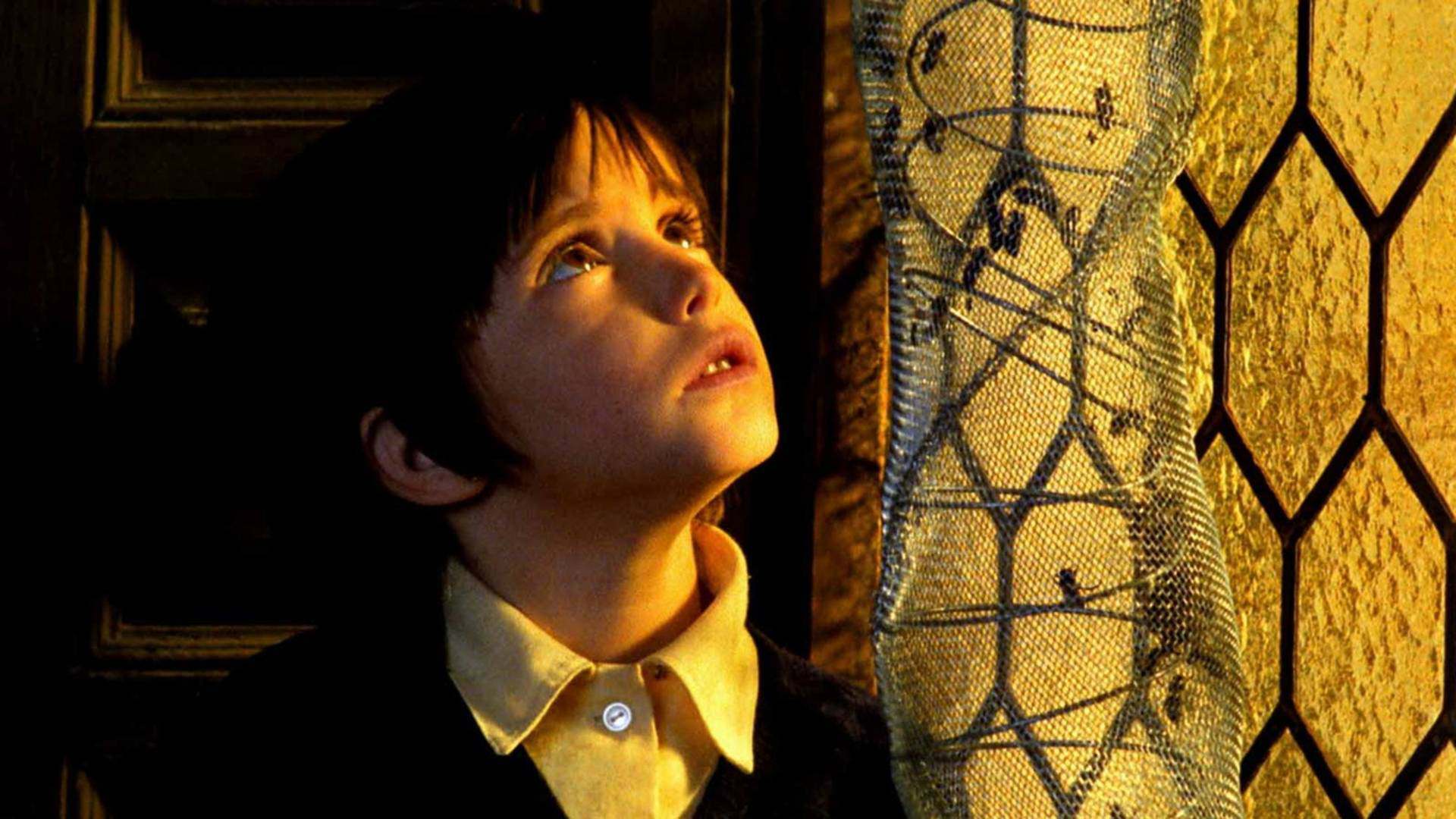
6. The Spirit of the Beehive (1973)
Víctor Erice’s haunting masterpiece filters Frankenstein through a child’s eyes in postwar Spain. When little Ana mistakes a fugitive for the monster from the movie she’s just seen, innocence and imagination blur into tragedy. Bees hum, shadows whisper, and silence becomes its own ghost. The film’s quiet heartbreak lingers long after, inspiring Guillermo del Toro and countless dreamers of cinematic melancholy.
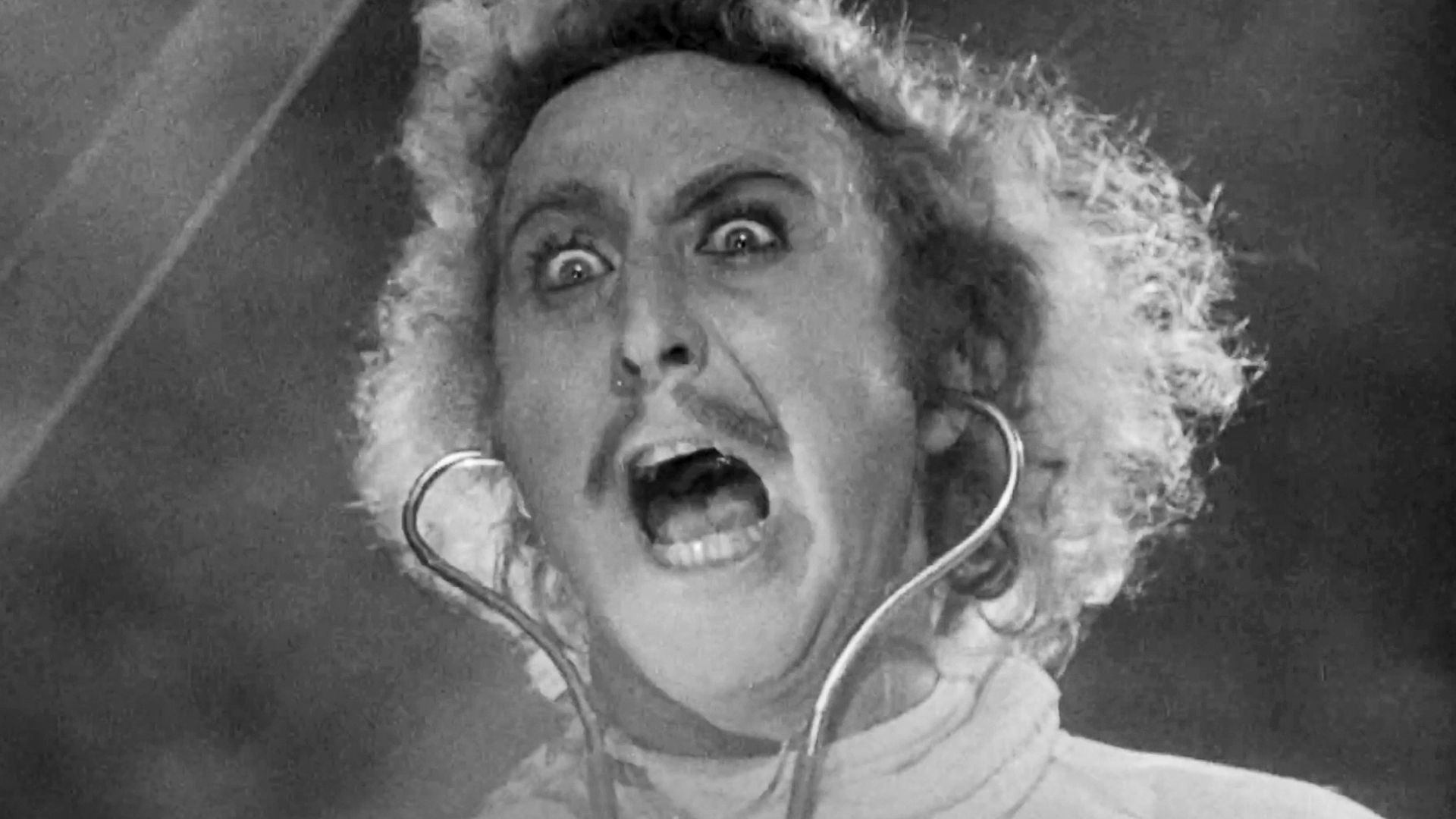
4. Young Frankenstein (1974)
Mel Brooks’s parody is both hilarious and heartfelt, a love letter to the Universal horrors of old. Gene Wilder’s frantic Dr. “Fronkensteen,” Peter Boyle’s endearing monster, and Marty Feldman’s mischievous Igor turn macabre legend into pure comedic genius. Shot in gorgeous black-and-white, it’s absurd, affectionate, and iconic. When the duo tap-dance to “Puttin’ on the Ritz,” Frankenstein’s monster finally gets his showbiz moment.

3. Frankenstein (2025)
For sheer cinematic ambition, Guillermo del Toro’s Frankenstein now stands unrivaled. The visionary director transforms Shelley’s ghost story into an operatic spectacle, which is both brutal and breathtaking. Utilizing modern filmmaking wonders without losing gothic soul, this version throbs with obsession, empathy, and awe. Faithful to the text yet deeply personal, it reflects del Toro’s lifelong reverence for the author’s genius. His retelling isn’t just a film, it’s resurrection itself.
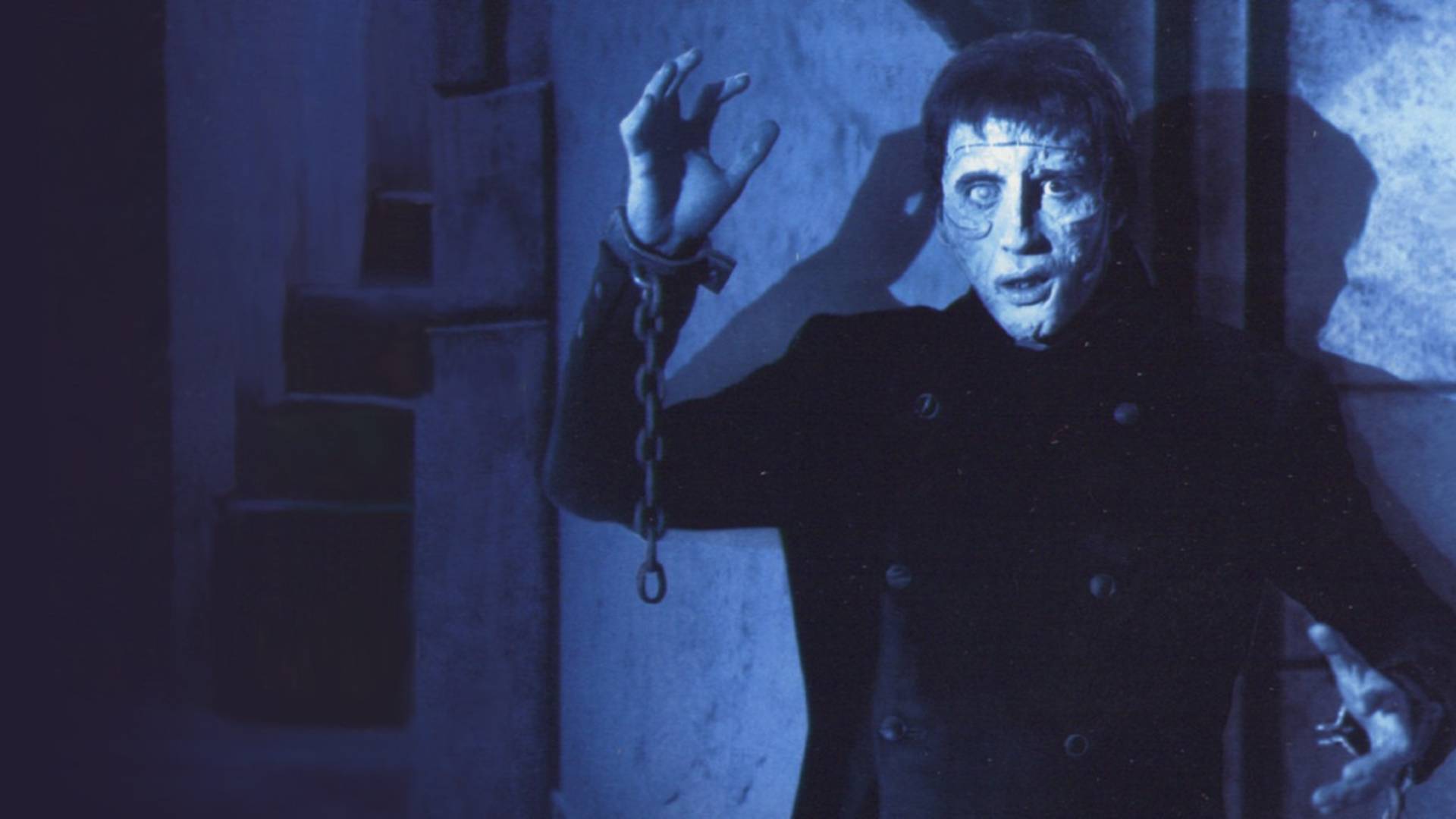
2. The Curse of Frankenstein (1957)
Hammer Horror struck gold with this blood-soaked reimagining. Peter Cushing’s Baron is a dandyish sociopath, consumed by vanity and brilliance, while Christopher Lee’s tragic monster rages against fate. In lurid color, director Terence Fisher turned Shelley’s myth into operatic madness. Critics called it depraved; audiences called it divine. Science, sin, and scarlet blood, this film birthed a new era of cinematic terror.
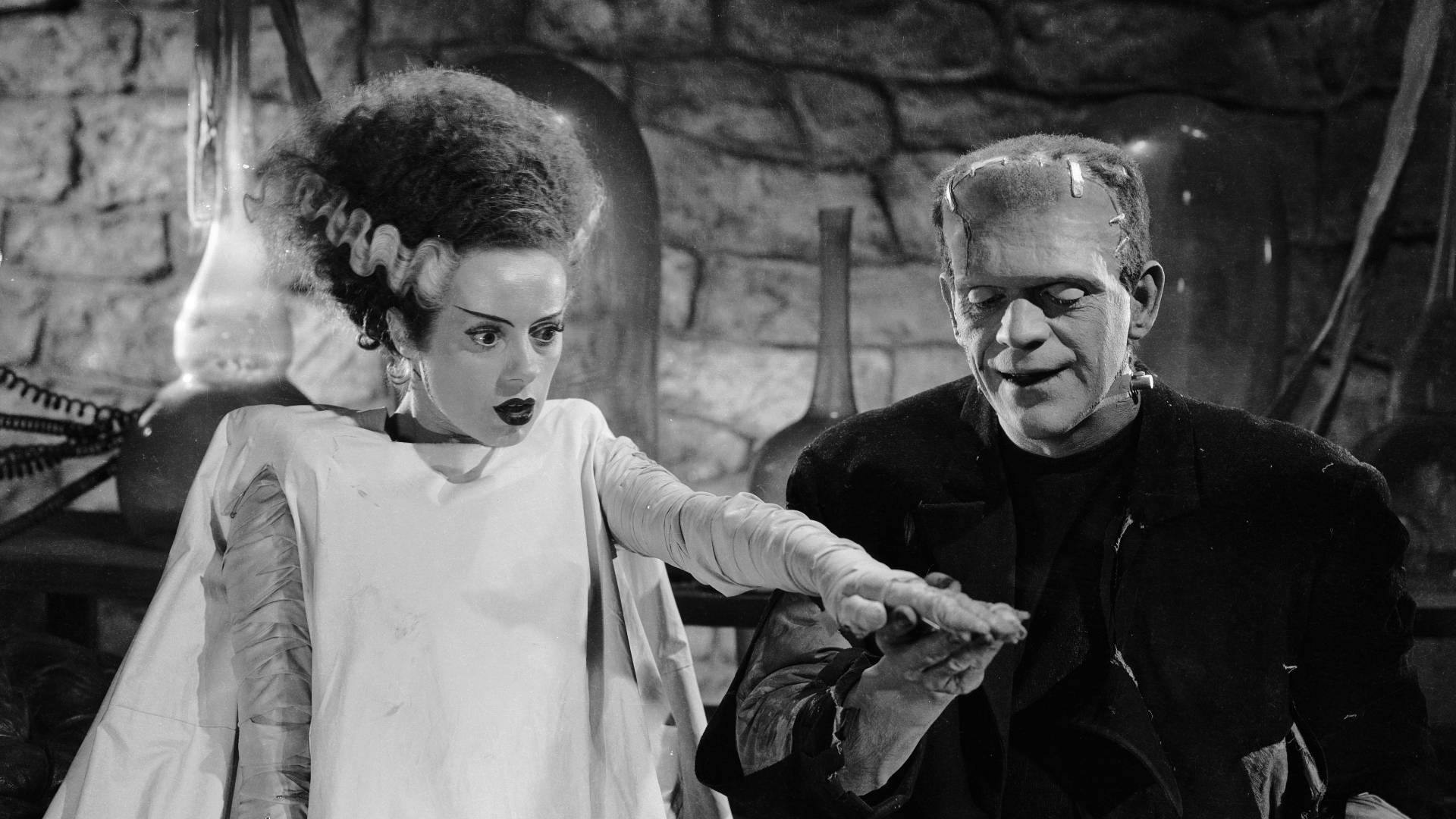
1. The Bride of Frankenstein (1935)
James Whale’s sequel isn’t just superior, it’s sublime. Karloff’s creature, yearning for companionship, meets a world that still fears him. Elsa Lanchester’s electric-haired Bride, created in a storm of sparks and screams, becomes an icon in mere minutes. With Ernest Thesiger’s delightfully sinister Pretorius urging “gods and monsters,” the film dances between beauty and grotesque. Gothic tragedy has never been more human, or more divine.

